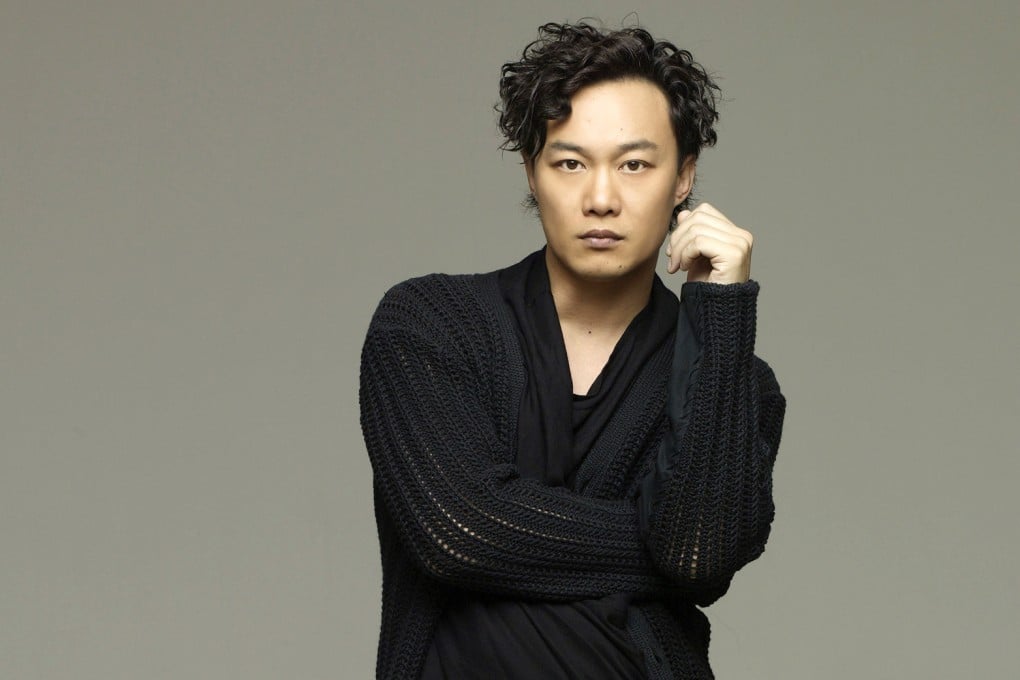Advertisement
Profile | Eason Chan, Hong Kong actor and singer who’s never been afraid to court controversy
- One of the most influential Cantopop singers, Eason Chan is a popular actor too. He’s had his share of highs and lows in a 3-decade career
Reading Time:4 minutes
Why you can trust SCMP

This is the 27th instalment in a biweekly series profiling major Hong Kong pop culture figures of recent decades.
Advertisement
When people talk about influential figures in Hong Kong’s pop music scene, especially this century, Eason Chan Yick-shun’s name is one that often comes up.
Chan was born in Hong Kong in 1974. He went to the UK to study architecture at Kingston University London – his father was a chief government building services engineer – but, against his father’s wishes, dropped out of school to pursue music.
In an interview with the Post in 2016, the Cantopop superstar said he had been passionate about singing since childhood, and sang in choirs and performed in chapels during his secondary school years.

“But more than just friends saying I sang well at karaoke, I wanted to prove myself in front of a professional panel of judges,” he told the Post.
Advertisement

Advertisement